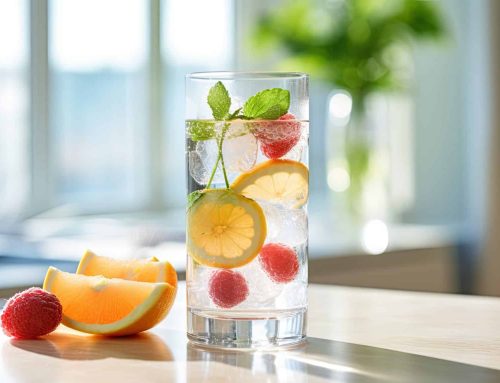 Glyphosate is the chemical name of Roundup herbicide, and according to a study published in in Food and Chemical Toxicology, is entitled, “Glyphosate induces human breast cancer cells growth via estrogen receptors,” multiplies the proliferation of breast cancer cells between 500% – 1,300%, even at exposures of a mere few parts per trillion (ppt).
Glyphosate is the chemical name of Roundup herbicide, and according to a study published in in Food and Chemical Toxicology, is entitled, “Glyphosate induces human breast cancer cells growth via estrogen receptors,” multiplies the proliferation of breast cancer cells between 500% – 1,300%, even at exposures of a mere few parts per trillion (ppt).
According to the study, glyphosate accelerates breast cancer cell proliferation even in in extremely low concentrations of 1 part per billion. Not every woman will contract cancer from eating or drinking these minimal amounts of the herbicide; this would depend on body mass, or nanograms of glyphosate per kilogram of body weight. The minute amounts of glyphosate being correlated to cancer cell proliferation however, means that one doesn’t have to ingest much to put yourself at risk.
Glyphosate is a non-selective systemic herbicide used in agriculture, rights-of-way and aquatic systems. Exposure to glyphosate may occur from its normal use due to drift, residues in food crops and from runoff into potential drinking water sources. Monsanto denies that glyphosate is carcinogenic to humans, saying: “Glyphosate is not mutagenic or teratogenic and there is no evidence for reproductive toxicity in multigeneration studies in rats.”
Various global studies over the past decade have shown that glyphosate-containing products are acutely toxic to animals, including humans and can induce weight gain, diarrhoea, and salivary gland lesions within just a few months. A lifetime of ingestion can result in excess growth and death of liver cells, cataracts and lens degeneration, and increases in the frequency of thyroid, pancreas, and liver tumours. Glyphosate-containing products have also been known to cause genetic damage in human blood cells and can increase foetal loss and reduce sperm count.
Further studies have shown massive tumours in rats exposed to ultra-low concentrations of GMOs and Roundup. Glyphosate is the new DDT – the most toxic chemical that has ever been widely deployed across our global food supply.
Glyphosate is not only found in our food, but also in our drinking water from runoff from agricultural holdings. The only way to make sure that your drinking water is toxin-free is to ensure that you only drink water that has been filtered. One sure way of doing this is to drink water only from a water cooler, either a bottle water cooler that provides you with spring water such as one of the range of Living-Water Bottled Water Coolers that come with Living-Water Spring Water bottled at source in the Wenlock range.
Another way to ensure that the water you are drinking is pure is to drink water from a mains water cooler fitted with a good water filter such as the Living-Water Mains Water Coolers fitted with a Triple Action Carbon Filter.





